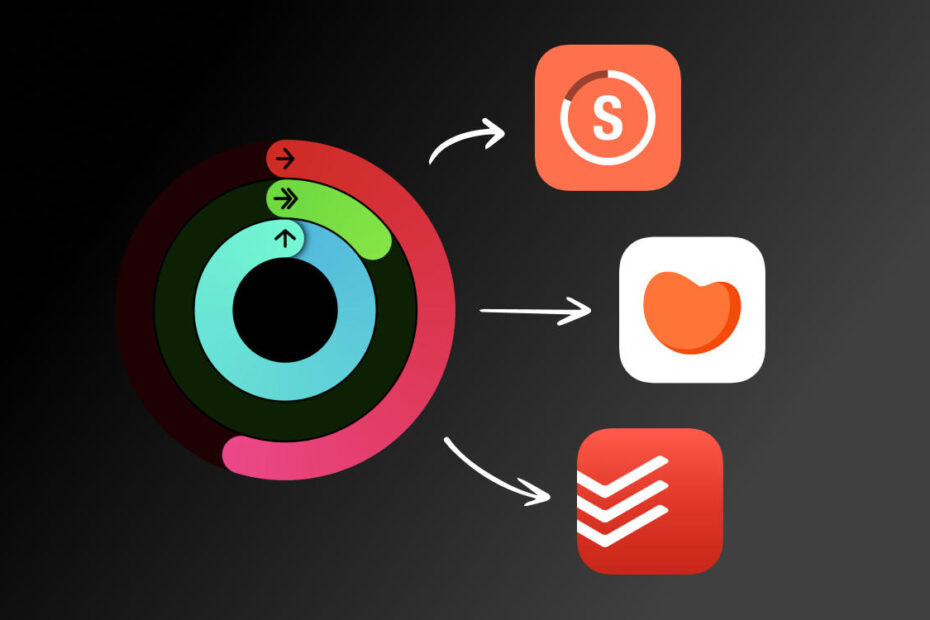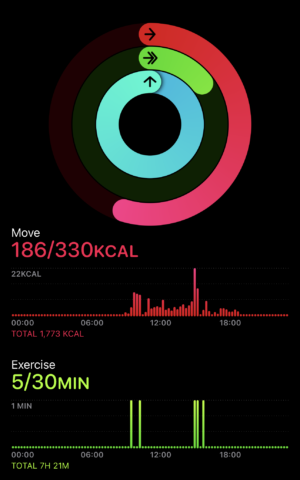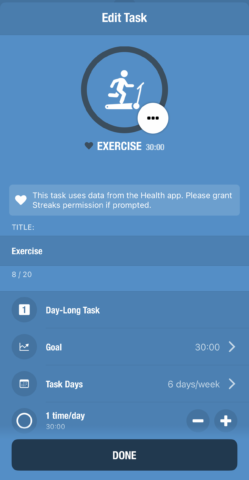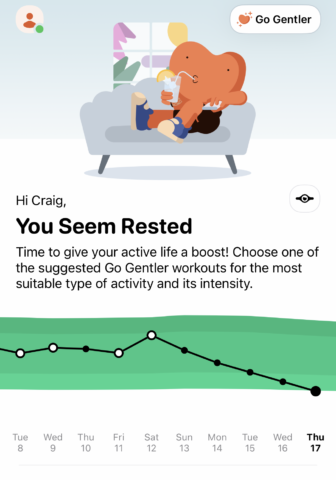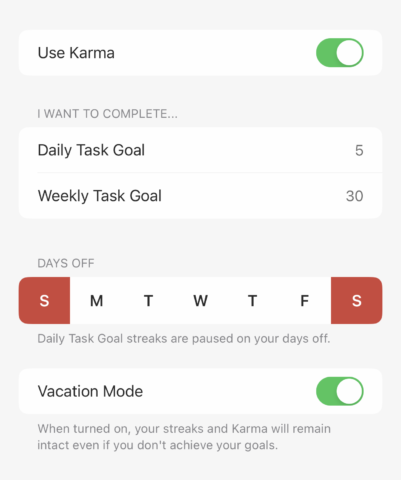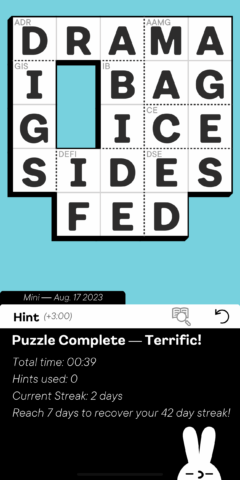Apps that understand motivation is more than a numbers game
We all want good habits in our lives. Regular exercise. Getting tasks done. Avoiding things that are bad for us. The problem is, infusing such habits into your daily routine requires time and regular encouragement.
Software aims to help by way of streaks systems. This basic ‘gamification’ records how many consecutive days you’ve completed a task. The bigger the number, the greater the achievement. This keeps you motivated.
But there’s a problem. Streaks are really designed to be indefinite. Yet many apps don’t recognize how disheartening and demotivating it is when a streak ends. Some people don’t recover from a broken streak and abandon what it was tracking.
This is particularly true if a break feels unfair. If you fall ill or get injured, your Apple Watch Activity rings streaks may end. There’s no pause option. When you forget to dip into an educational app for a day, your streak might be gone – or you might get a chance to ‘buy’ it back, which doesn’t feel good either.
The entries in this round-up all take a different approach to streaks. A better approach. If you like the idea of streaks – but not the ‘robotic’ manner in which many apps apply them – give these four apps a try.
Streaks ($4.99/£4.99)
We think Streaks is the best habit-tracker for iPhone. It encourages you to focus on a small number of tasks, to avoid overwhelming yourself. These are displayed as huge buttons to make it obvious when a task is complete. Widgets and the Apple Watch app let you glance at your status when you’re not in Streaks itself.
The creator of Streaks believes users should be in control, and that comes through in the app’s flexibility. Streaks needn’t be daily – they can be set for specific days or a certain number of days during a week or month. They can be paused and resumed at will. This personal touch elevates the app, making it the friendly face of streaks on iPhone.
Gentler Streak (free + IAP)
If you have an Apple Watch, you might question Apple’s rigid approach to exercise. It expects you to complete your three rings daily, regardless of circumstance, and to keep increasing your efforts. Gentler Streak instead guides you to find a balance between exercise and rest.
For free, you can explore recent activities, a wellbeing view with key metrics, and a wonderfully designed monthly insights recap. Buy a subscription and the app’s recommendations engine kicks in.
It suggests when to push yourself or slow down. A slider dynamically updates exercise recommendations, based on your chosen intensity for the day. Instead of chasing raw numbers, then, Gentler Streak has you explore what’s best for you day-to-day – which feels like a far healthier way to approach streaks.
Todoist (free + IAP)
If you use a task manager, you’ll know that palpable sense of satisfaction you get when checking a box to mark something complete. Todoist’s karma system takes that further, with a game-like score that tracks goals.
You gain karma when you add tasks and complete them on time. You lose karma when tasks become four or more days overdue. And the app is smart enough to provide tools that humanize this system to a reasonable degree. You state your goal count and days off. But best of all is Vacation Mode.
In short, it’s an off switch, where karma remains intact regardless of what you do. Could you subvert that, when you’re not really on vacation, to keep your streak intact? Sure. Is that bad? Not if it keeps you motivated. Should more streaks apps have an on/off switch? Absolutely.
Knotwords (free + IAP)
With streaks being gamification, it should be no surprise games use such systems – notably when they have daily challenges that aim to keep you loyal. What is surprising is how few games provide flexibility when a streak is broken.
Word game Knotwords is an exception – and an interesting case study for anyone implementing streaks systems. Miss a day and your existing streak is locked. But build a new seven-day streak and you recover your original and can lengthen it.
This is streak recovery through effort – but not additional pain. It works even if you’ve not played Knotwords for months, and may encourage you to regularly pick it up again. That’s really smart and a system that could be applied to a whole lot more than a word game.
